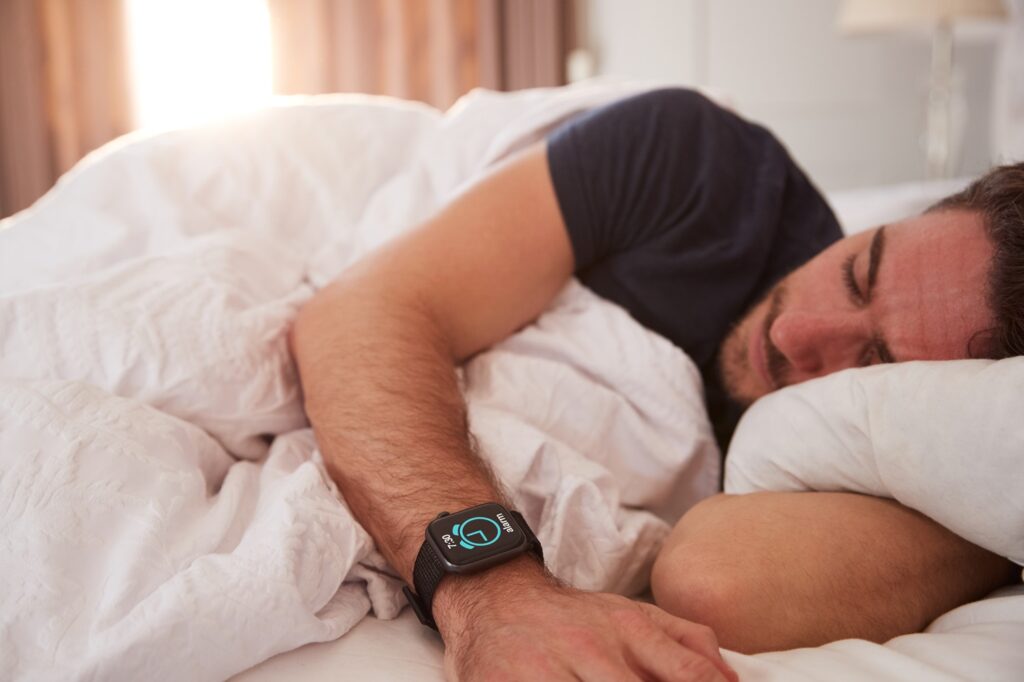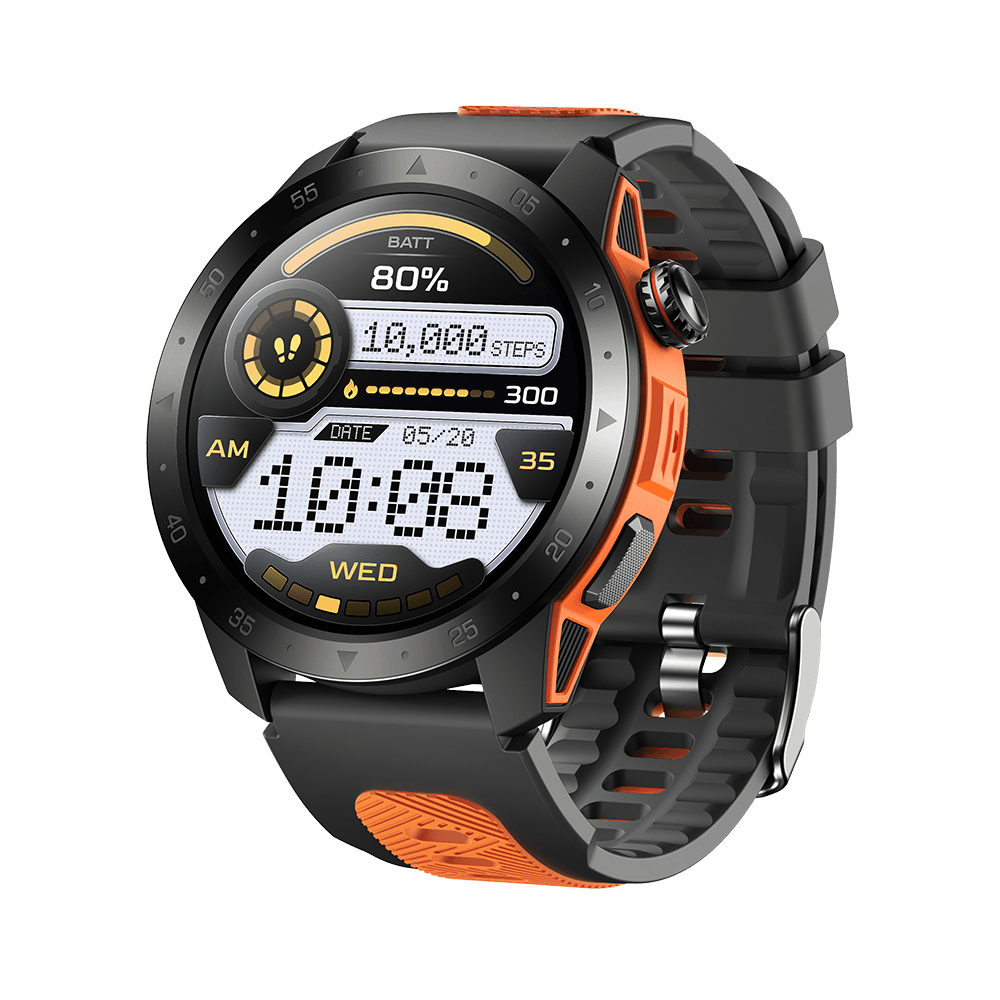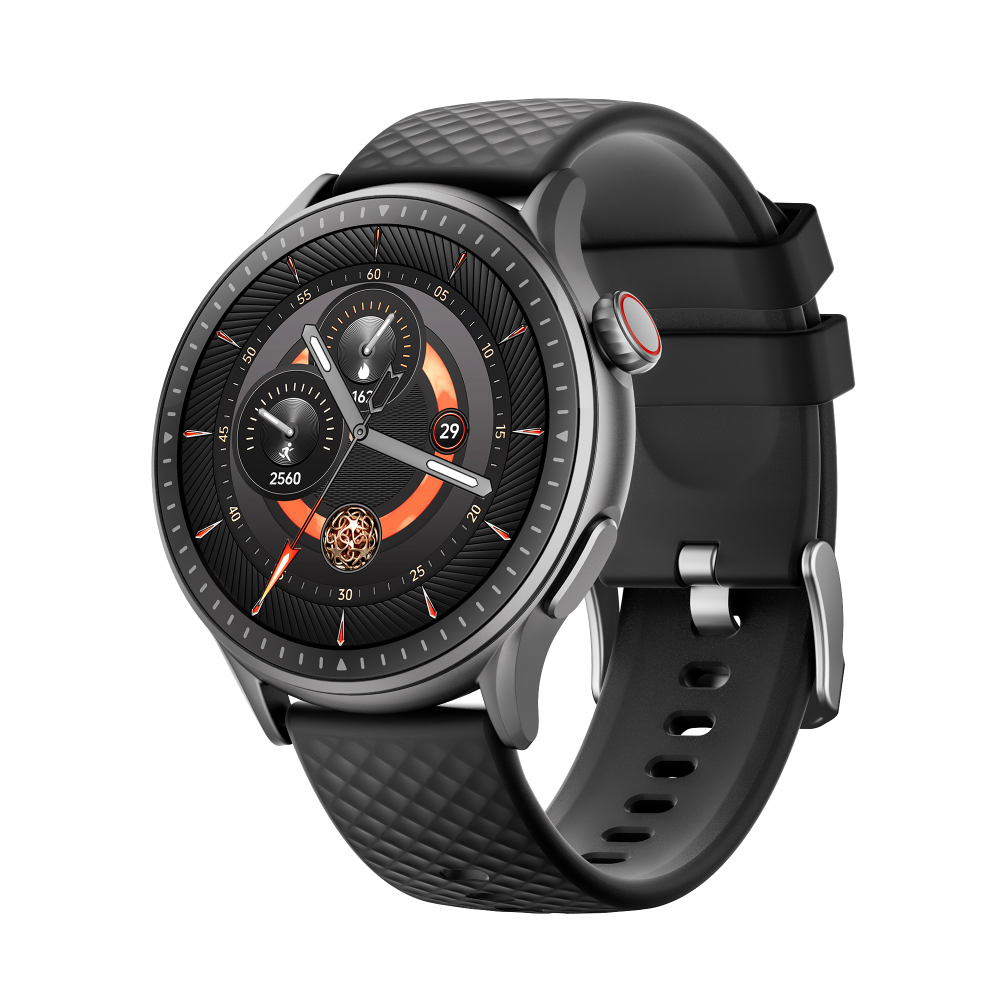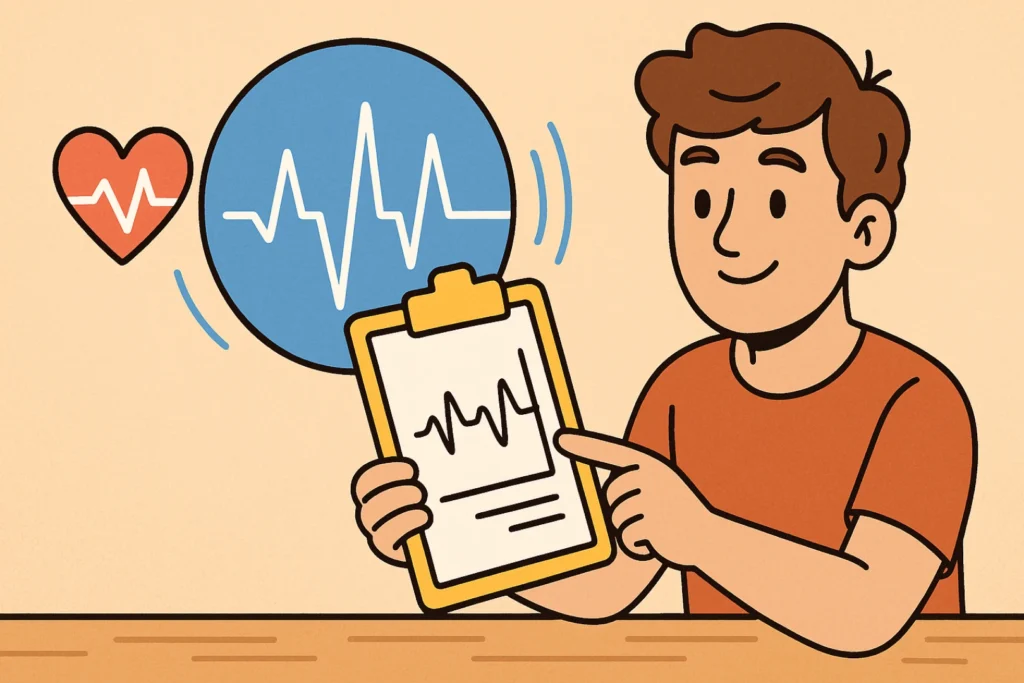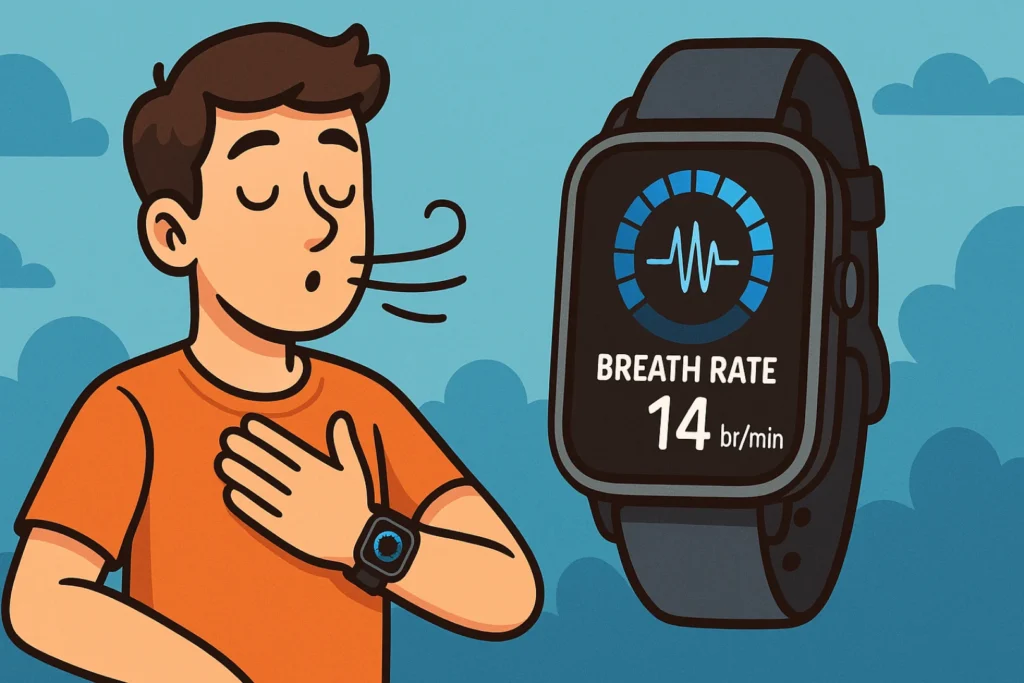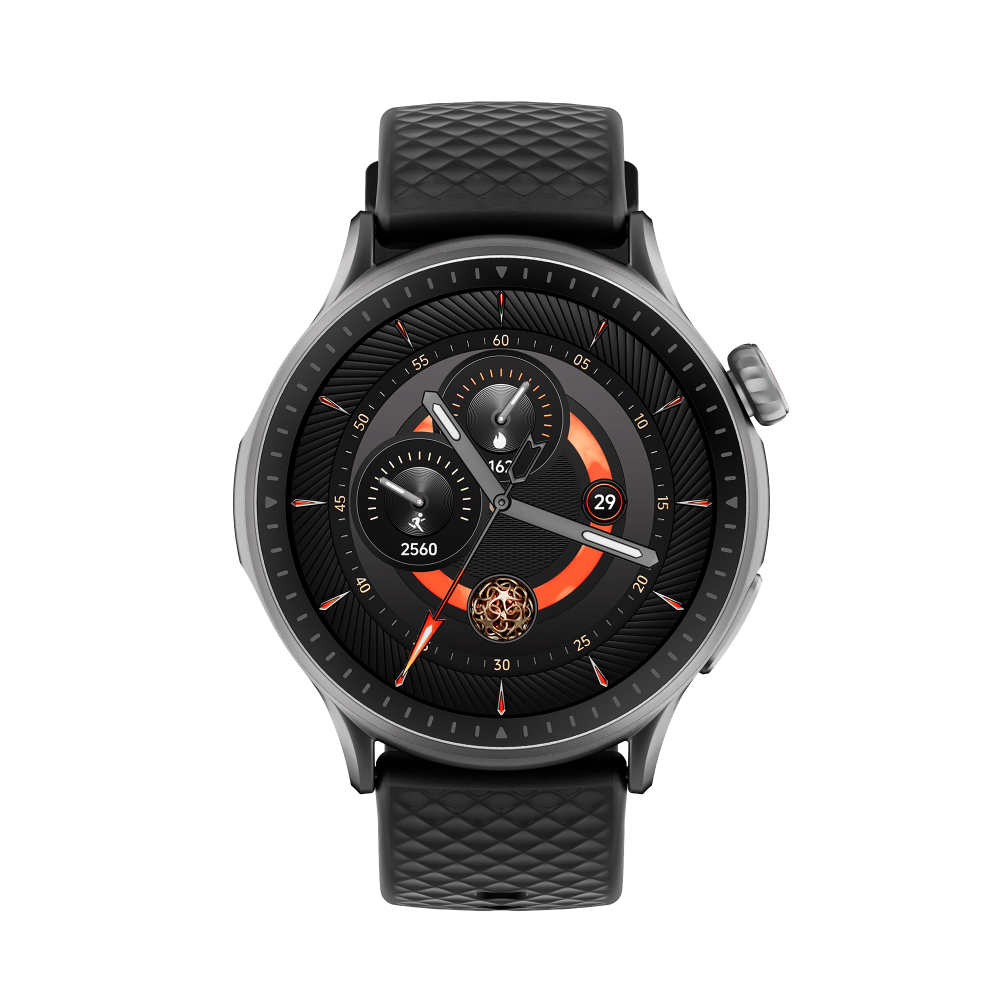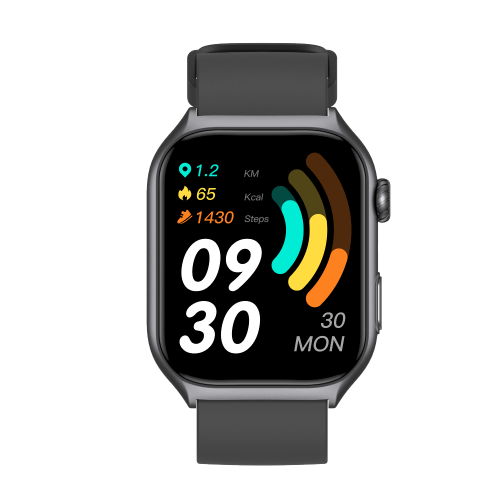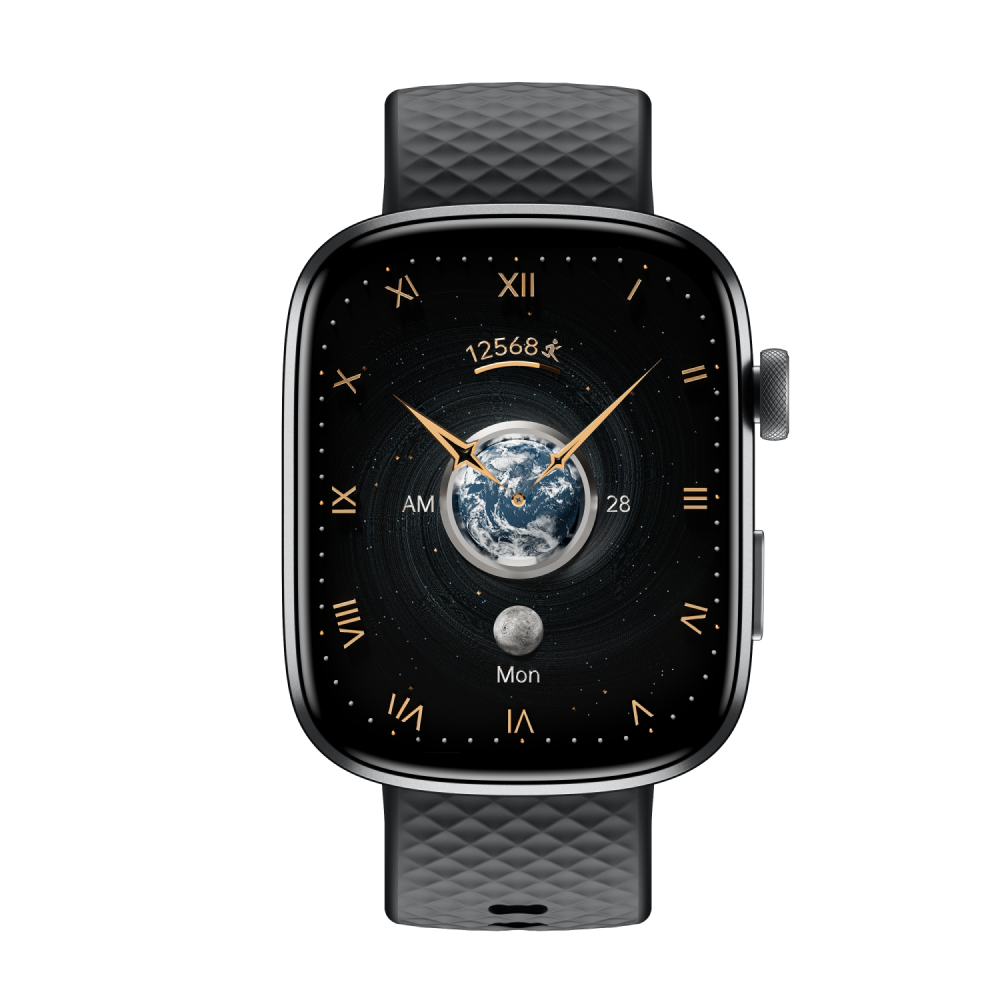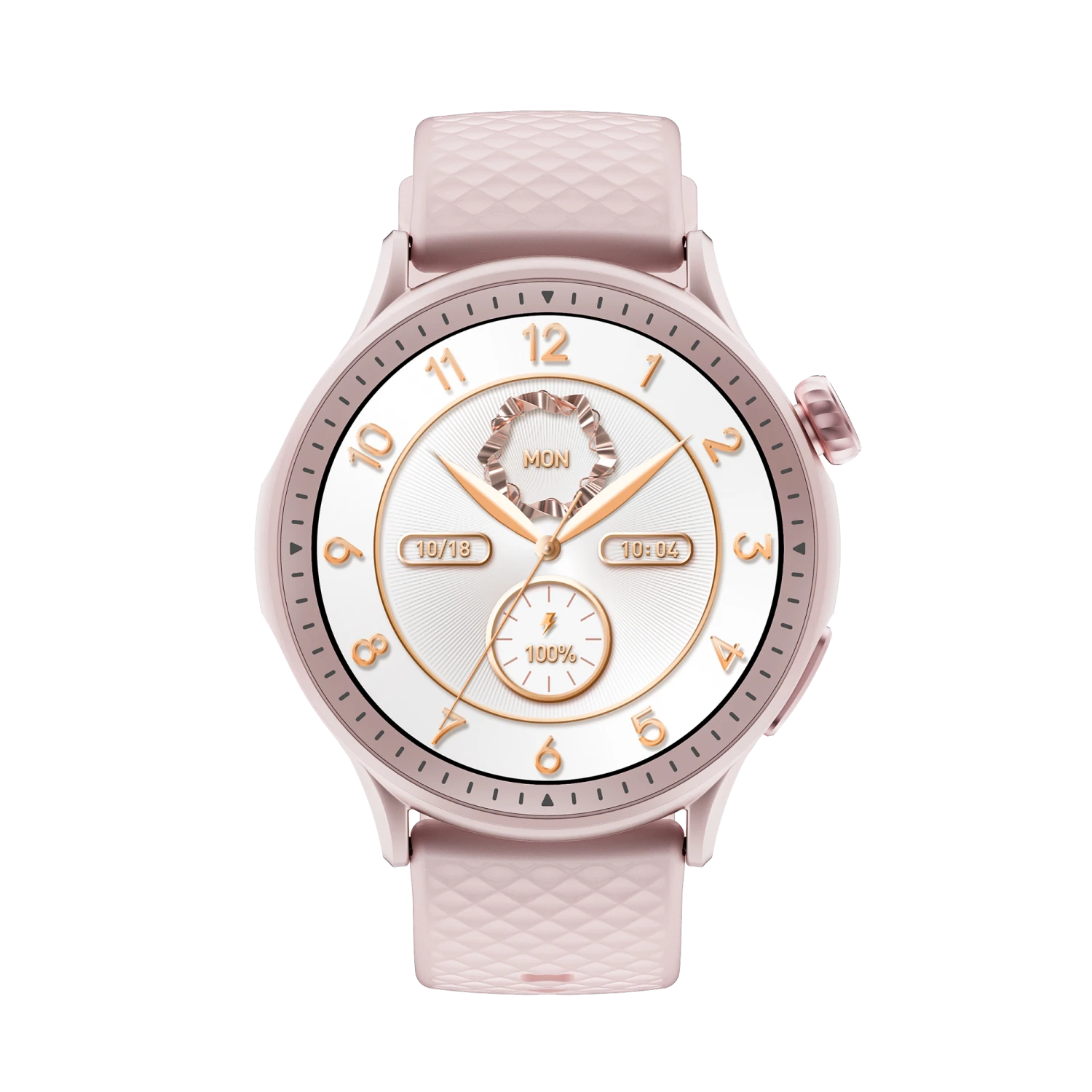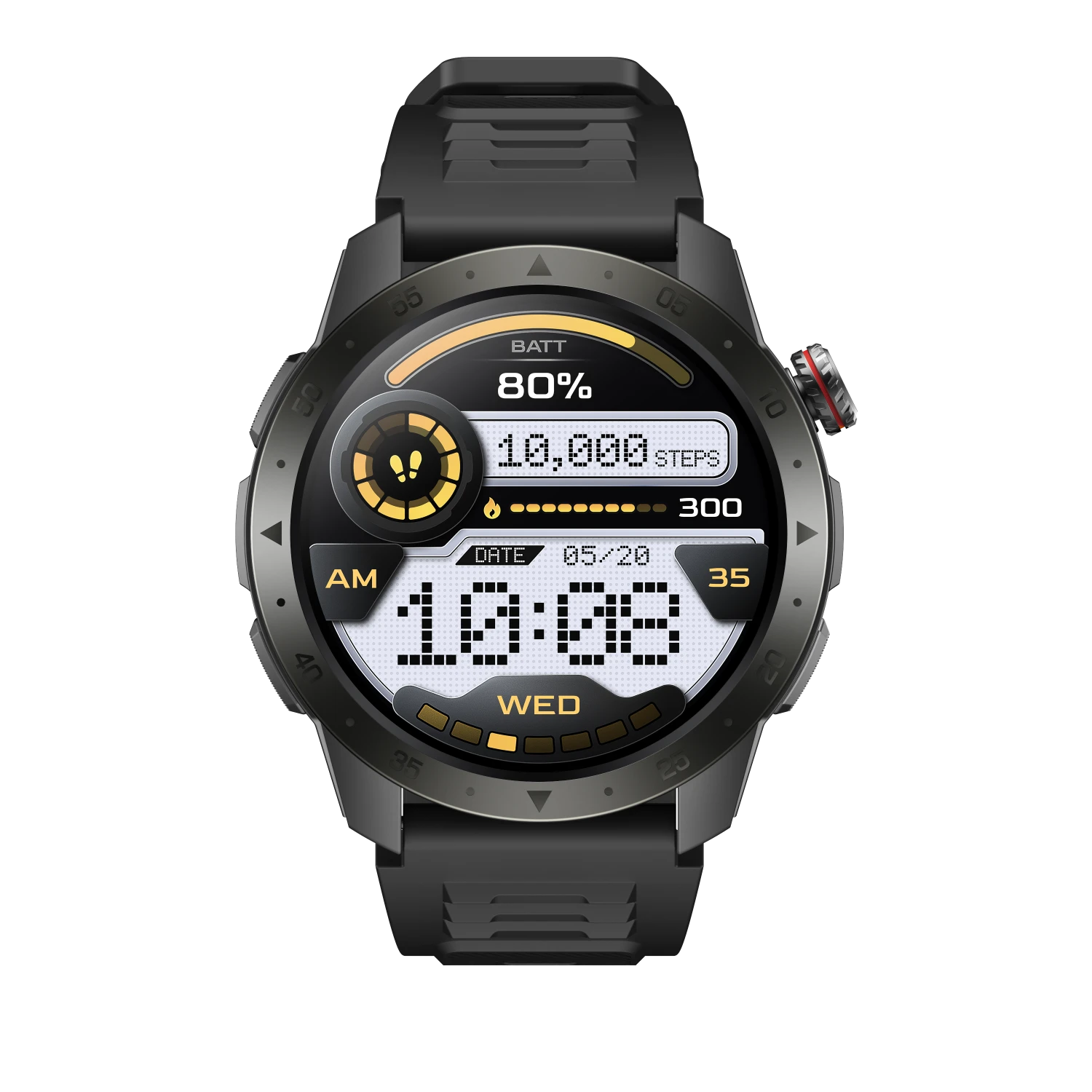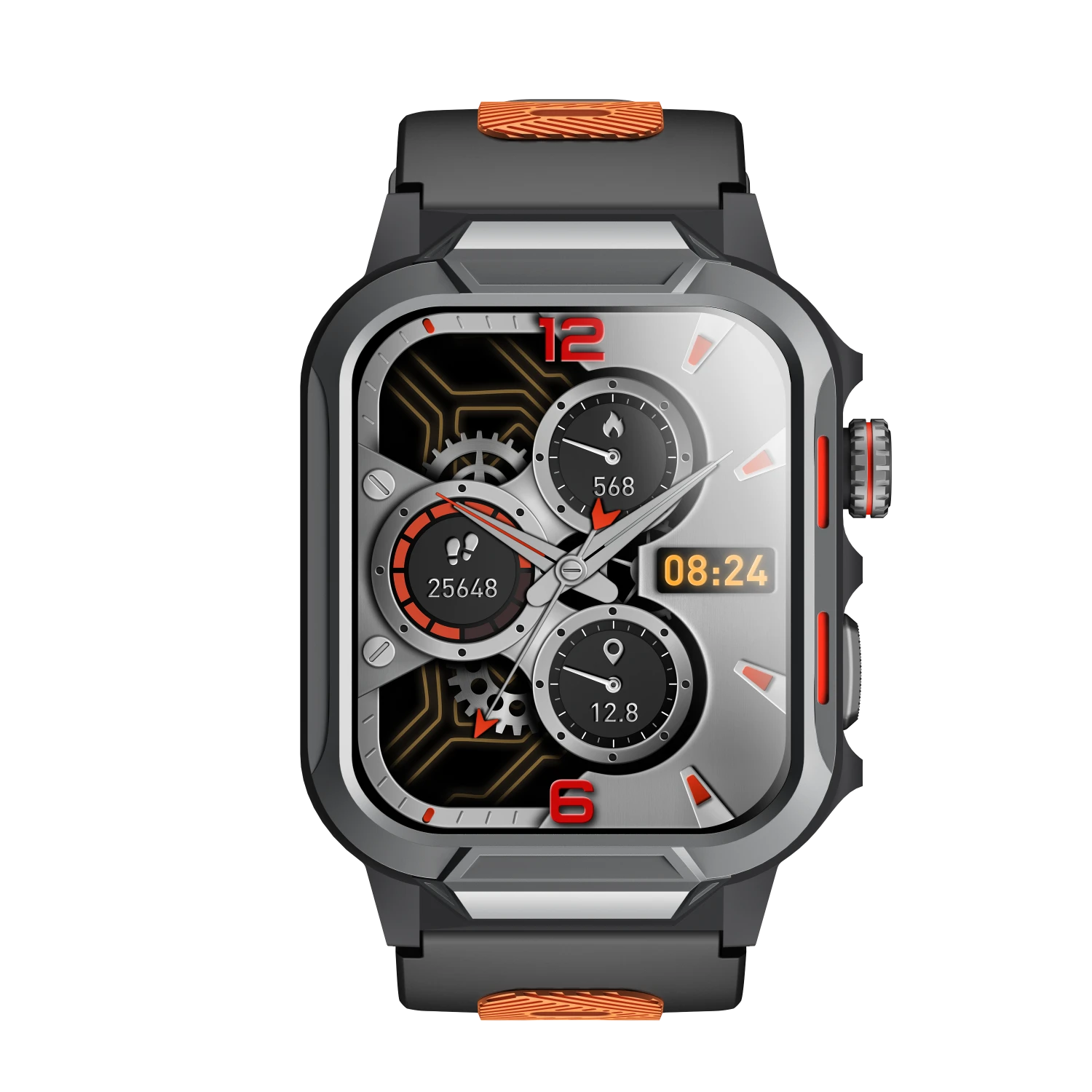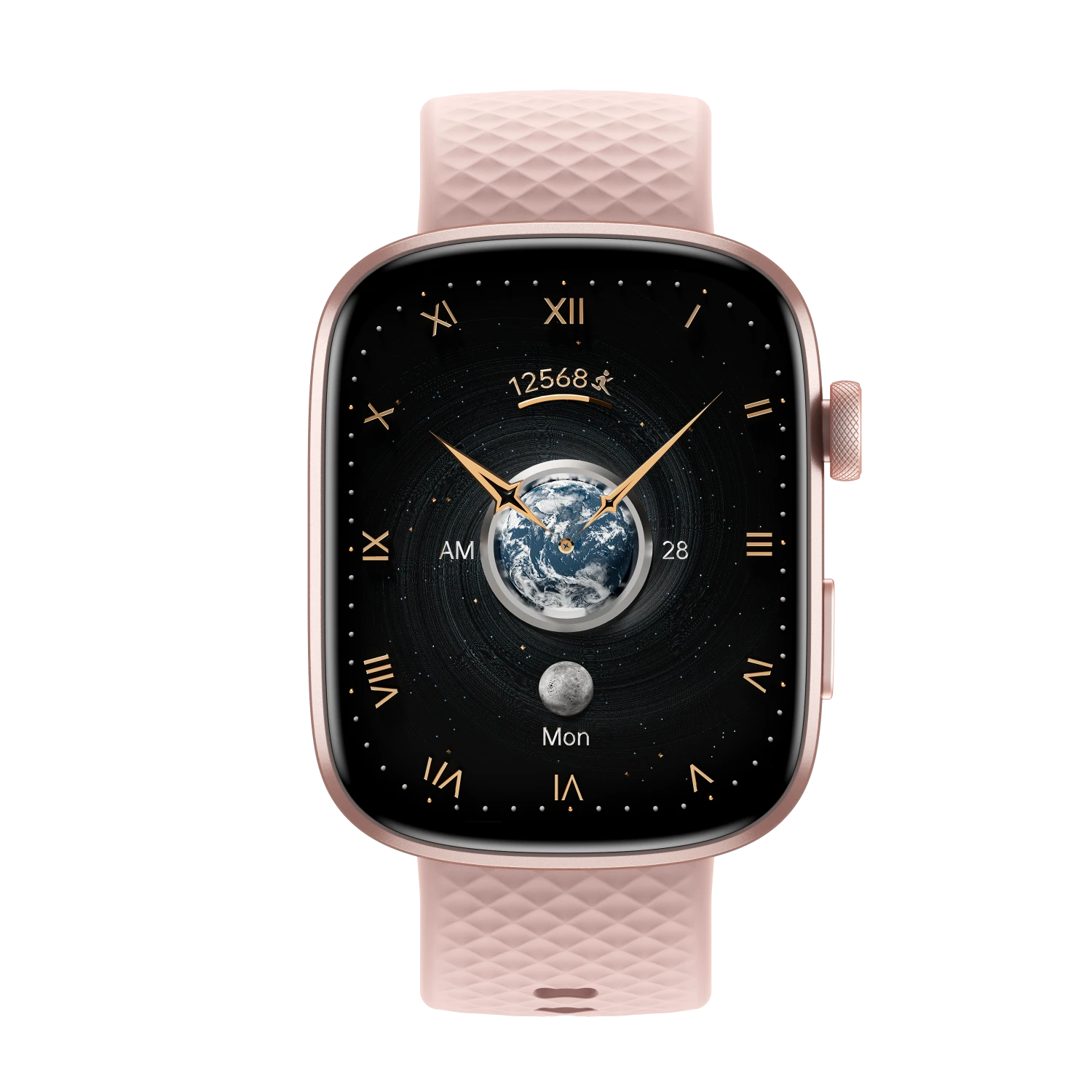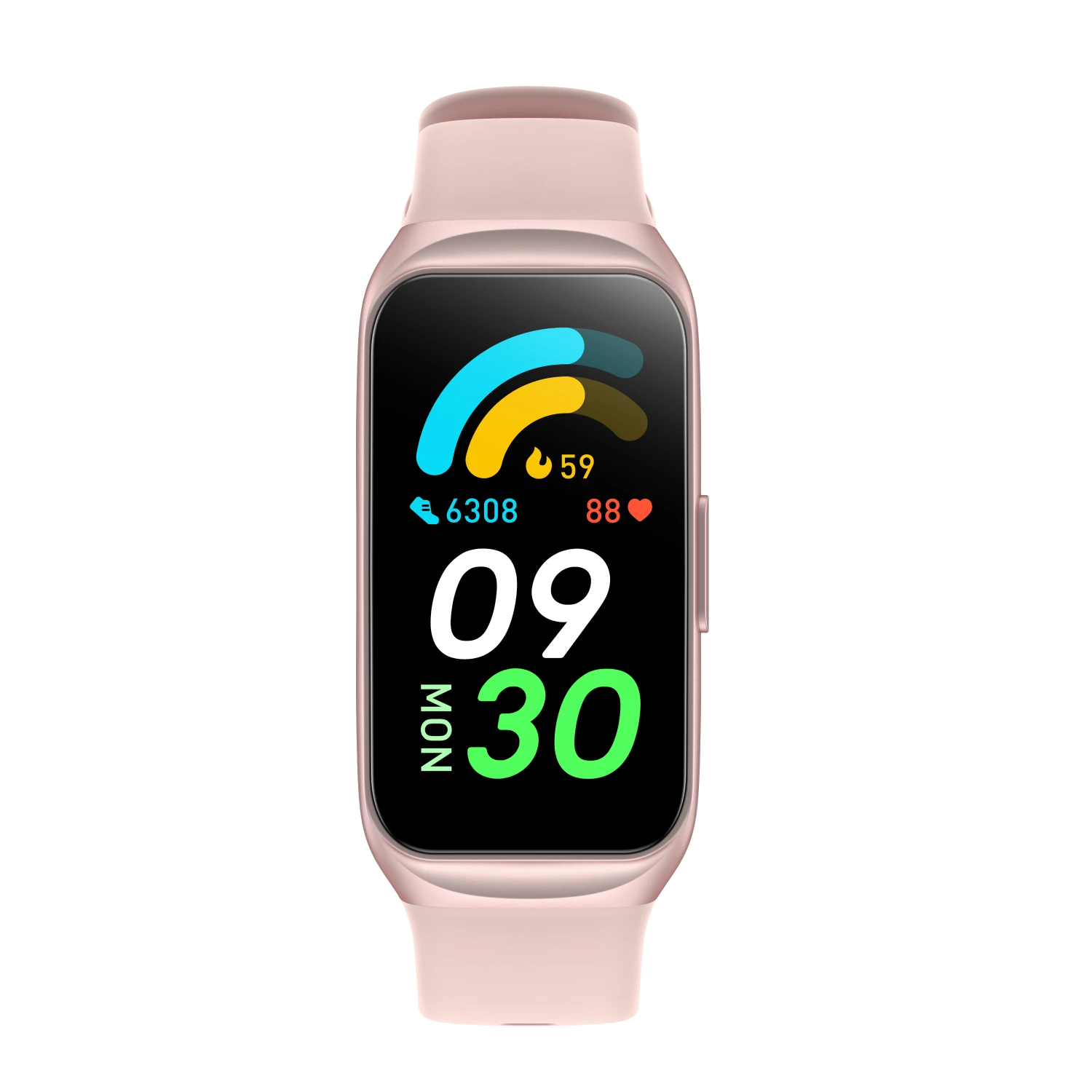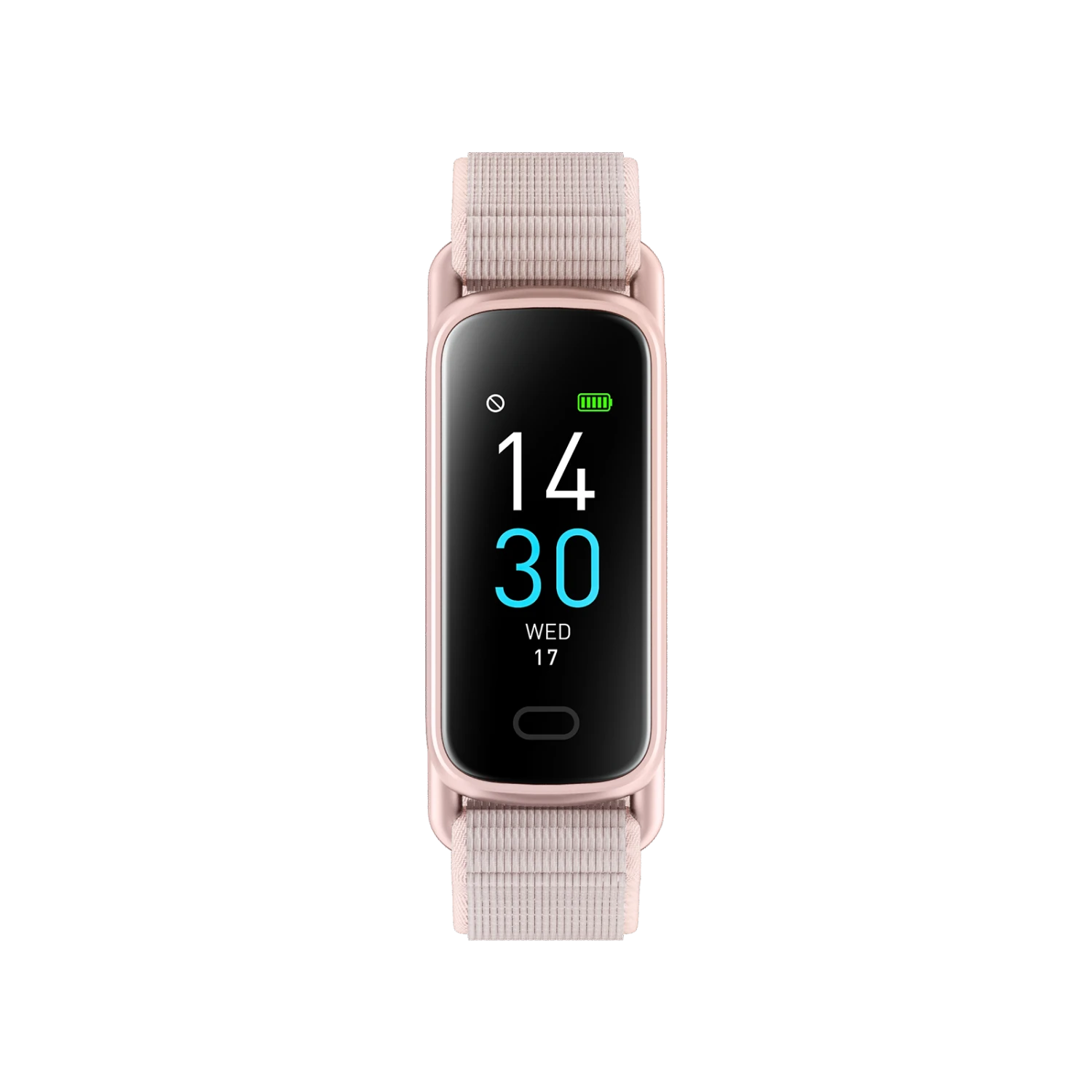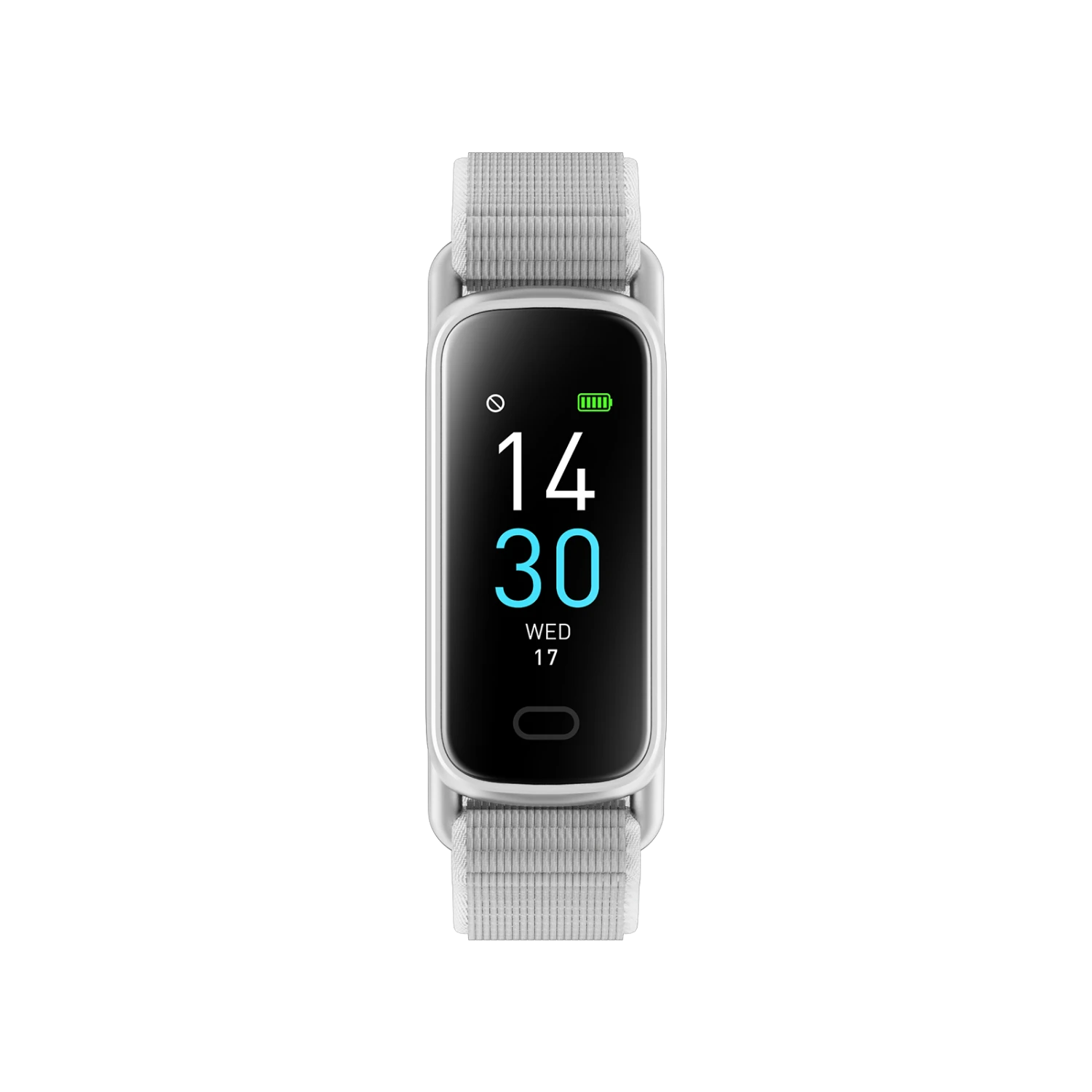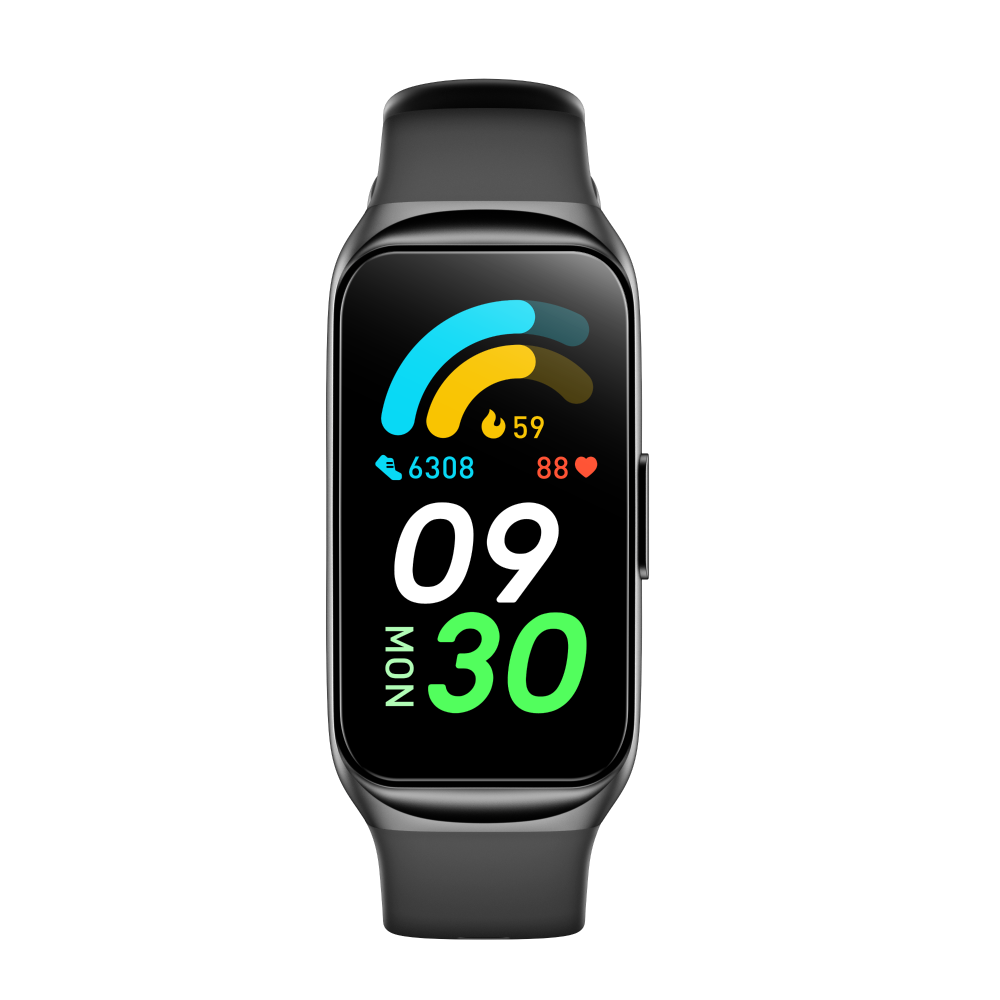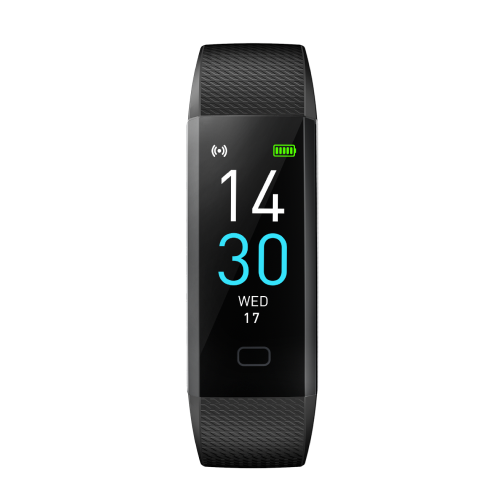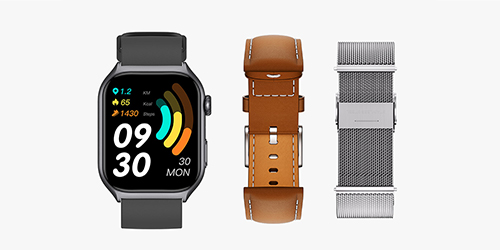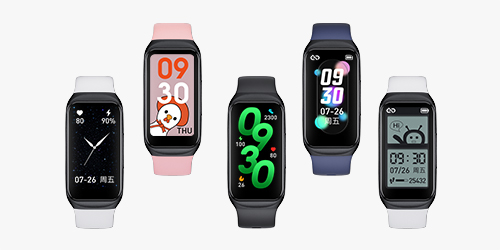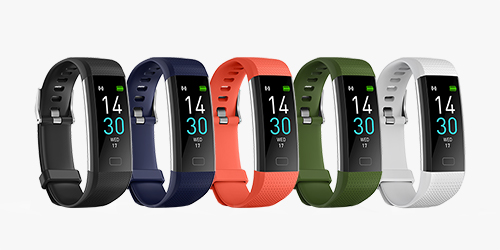Have you ever wondered why you wake up feeling refreshed some nights, while others feel groggy and exhausted?
Are you getting enough sleep? How much sleep do you really need?
The key might lie in understanding your sleep cycles.
Our sleep is divided into cycles of NREM and REM sleep, each cycle lasting about 90 minutes. A good night’s sleep consists of 4-5 such cycles. Waking up at the end of a complete sleep cycle leaves you feeling refreshed because you’re most likely in your lightest sleep stage. However, waking up during the deep stages of a certain cycle can leave you feeling groggy.
This is why understanding your sleep cycle is essential. It’s not just about the number of hours you sleep, but also the number of complete sleep cycles. If you want to improve your sleep quality and determine the optimal sleep duration for your body, keep reading. Let’s start with sleep duration.
Why Sleep Duration Matters?
Sleep is a complex yet important part of our daily lives, and we spend about one-third of our time sleeping. The duration of our sleep can greatly impact our health and daily life. Research shows that both insufficient and excessive sleep duration may be associated with a range of adverse health outcomes.
For instance, lack of sleep can affect your mood, causing irritability and anxiety. It can also impair your cognitive function, making it difficult to concentrate, remember things, and make decisions. Chronic sleep deprivation can even lead to many chronic health problems, such as kidney disease, high blood pressure, and depression.
On the contrary, while getting more sleep seems to be beneficial, too much sleep can cause lethargy, poor concentration, and a general lack of energy. Regularly sleeping more than the recommended amount can increase the risk of developing conditions such as diabetes, coronary heart disease, and stroke. So it’s important to find a balance and aim for the recommended amount of sleep for your age and lifestyle.
How Many Hours of Sleep Do You Need?
One size does not fit all when it comes to sleep. It varies slightly from person to person, but most healthy adults need 7 to 9 hours of sleep each night to function at their best. Children and teenagers will need even more. Although our sleep needs decrease as we age, most older people still need at least 7 hours of sleep.
Consider investing in a smartwatch with sleep tracking capabilities; These devices often provide valuable insights into the duration and quality of your sleep.
Use a Smart Watch to Determine Sleep Duration
A smartwatch with sleep-tracking features can be a valuable tool for understanding your sleep patterns and determining optimal sleep duration. Here’s how you can use a smartwatch to determine your sleep duration and enhance your sleep quality:
1. Track Sleep Duration and Stages:
Smartwatches can track your sleep duration and stages, providing key data for understanding your personal sleep patterns. By analyzing how long you sleep and the stages you go through, you can make informed decisions about how long you need to sleep.
2. Adjust Your Bedtime:
Take advantage of the detailed sleep analysis many smartwatches offer to try adjusting your bedtime. Observe how changes in bedtime will affect your sleep duration and quality, which allows you to personalize your sleep schedule to fit your needs.
3. Wake Up with Smart Alarms:
Smart watches on the market often feature smart alarms. They can help monitor your sleep patterns and wake you at the end of a sleep cycle, reducing that groggy feeling in the morning.
4. Establish a Consistent Sleep Schedule:
Smartwatches can provide insights into your daily routines, helping you establish and maintain a regular sleep pattern. This consistency helps improve your sleep quality and ideal sleep duration.
How to Improve Your Sleep
In addition to determining optimal sleep duration, you can try these tips to improve your sleep quality: make your bedroom a comfortable sleep environment, avoid caffeine, and no electronic devices before bed. More tips and steps can be found in Tools and Tips You Need to Know to Get Rid of Sleep Anxiety.
Remember, good sleep depends not only on quantity but also on quality. Make sure you have a comfortable sleep environment and a consistent sleep schedule. If you continue to have sleep problems, seek help from a healthcare professional immediately. They can help identify any underlying issues that may be disrupting your sleep and suggest appropriate treatments.
Sleep well and stay healthy!

